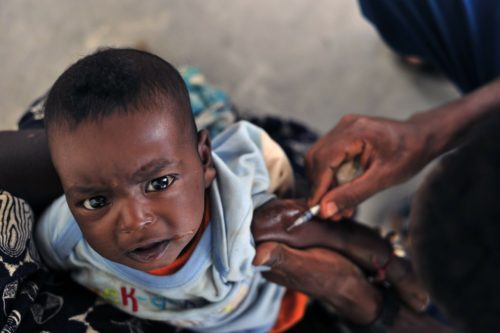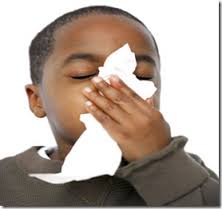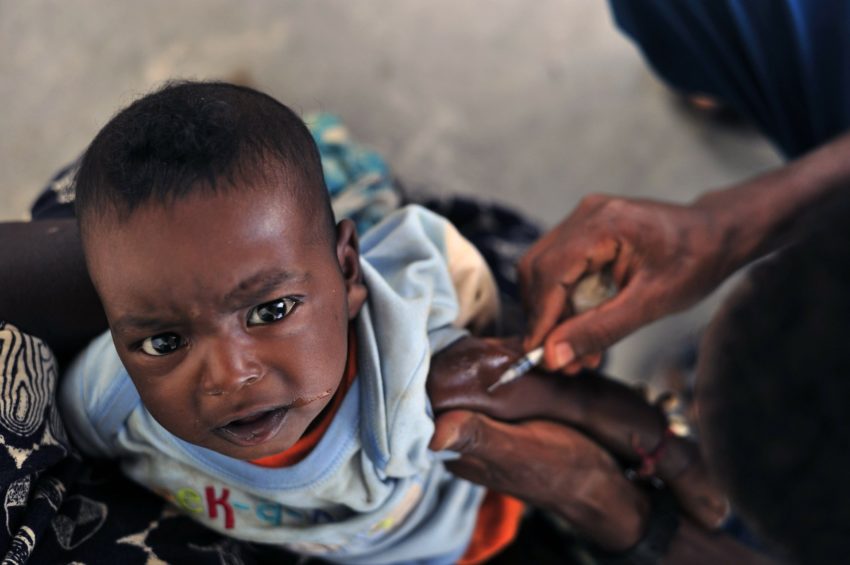This week is World Immunization Week! The aim is to promote the use of vaccines to protect people of all ages against disease. Immunization saves millions of lives every year and is one of the world’s most successful and cost-effective health interventions. Below is a list of some of the top things parents need to know about immunization. This guide will help parents separate some of the myths from the truth.

What is immunization?
Immunization is one of the processes of preventing your children from some infectious diseases that could occur from childhood through adulthood. Immunization involves the administration of a vaccine. Vaccinations started as far back as the times of ancient Greece.
3 Misconceptions about Immunization
There are many different beliefs on whether immunizations actually do much to protect children or not. As a result of fear, the media, rumours and others report misconceptions about the benefits versus the risk of immunizations. Here are three misconceptions about immunization culled in part from the World Health Organization:
1. “Diseases disappear because of better hygiene and sanitation”
This statement tries to say that we do not need vaccines, but we actually do. Diseases will not disappear without vaccines. If you do not vaccinate, the diseases will come back. Although better hygiene could prevent disease for a while, it will not make it disappear.
2. “Vaccines cause many harmful, side effects, illnesses, and even death – not to mention long term effects.”
Most adverse effects of vaccines are minor and temporary, such as a sore arm or mild fever. Paracetamol can often control these effects after vaccination. Most serious adverse effects occur rarely.
3. “Vaccine-preventable diseases have been virtually eliminated from my Country, so there is no need for my child to be vaccinated.”
It is true that vaccination has enabled the reduction of most vaccine-preventable diseases in many Countries. However, some of these diseases are prevalent in other Countries. Travel means that people can unknowingly bring these diseases into any Country. If such countries do not have a proper immunization process, these diseases can spread. The best way is to get adequate information about each Country you might visit.
10 Common Diseases Immunization Prevents
- Polio
- Mumps
- Whooping cough
- Measles
- Meningitis
- Yellow fever
- Hepatitis
- Tetanus
- Pneumonia
- Influenza

The bottom line is: immunization is necessary. Vaccines are mostly administered to babies and children from birth through school age. However, it is important to note that there are vaccines to be administered after 18 years old.
The immunization process has been proven to control and eliminate life-threatening infectious diseases. The good that immunization does definitely outweighs the bad.
Importance And Benefits Of Immunization
Immunization could save your life and that of your child. There are people in the world today suffering from diseases they could have prevented because of lack of immunization. Immunization strengthens your immune system giving it the ability to fight back diseases and win.
1. Immunization protects you from serious illnesses and complications: The lack of immunization and the complications from some diseases can leave the victim disabled. In the event that a child or person who is up to date with their immunizations usually means that they are able to fight and recover faster.
2. Immunization reduces diseases: Since the birth of immunization, there has been a decline in the rate of infectious diseases. This decline has led to gradual and total eradication and elimination of some of these diseases in different parts of the world.
3. Immunization reduces death: Every year, millions of children die from diseases. However, Immunization has reduced infant mortality.
The process of immunization is important and every parent should ensure their child gets immunized on time and follow the schedule. There are certain vaccines administered to babies at birth in the hospital.
Immunization Schedule
It is helpful to have a handy guide for when to immunize your child. As a new parent, it can be difficult keeping track of all the vaccines your baby will need and at what time he will need it. Always discuss with your doctor to present you the right schedule for your child. Be sure to note your child’s vaccination schedule and have his card handy.
Check this recommended immunization schedule has been adapted according to the CDC and WHO (with recommendations for Nigerian Children). Note this is a guide and each doctor will recommend their schedule based on your child, risk factors and other factors.
Where can your child get a vaccination?
- General hospitals
- Primary health care centres
- Most private clinics and paediatrician clinics or hospitals

Vaccination Is Important for Children in school
A new session has just started. After you have shopped for all the school materials remember to ensure your children are up to date on vaccines. Schools are one of the easiest places a child can contract diseases because of the high level of interaction among different children. If your child is not up to date on their vaccination schedule your child could be at risk. Ensuring you are up to date with the necessary vaccinations means you are protecting your child, the other students, teachers and the school as a whole. Read more here
Does administering multiple vaccines at the same time overwhelm a child’s immune system?
There is no known negative effect on a child’s immune system from getting more than one vaccine at a time, or getting a combination vaccine. Children’s immune systems are much more resilient than we think! On a daily basis, they are exposed to multiple foreign substances that trigger small immune responses (think of babies eating food off the floor or the recurrent exposure to coughs and colds that toddler’s get from school).
These immune responses are often much less than the response triggered by a vaccine, so fear not; your child will thank you later for minimizing their number of traumatizing clinic visits. For more facts from Dr Sade Adeyi, a GP at Brookside Medical Practice, click here
Remember, vaccines save lives at all ages. They help children grow in good health and prevent serious illness & disability. They protect our children and they protect us all as adults. Ensure you & your family are vaccinated on time, every time. Finally, before you travel, ensure your family’s vaccines are up to date.
For more visit the Health Category


